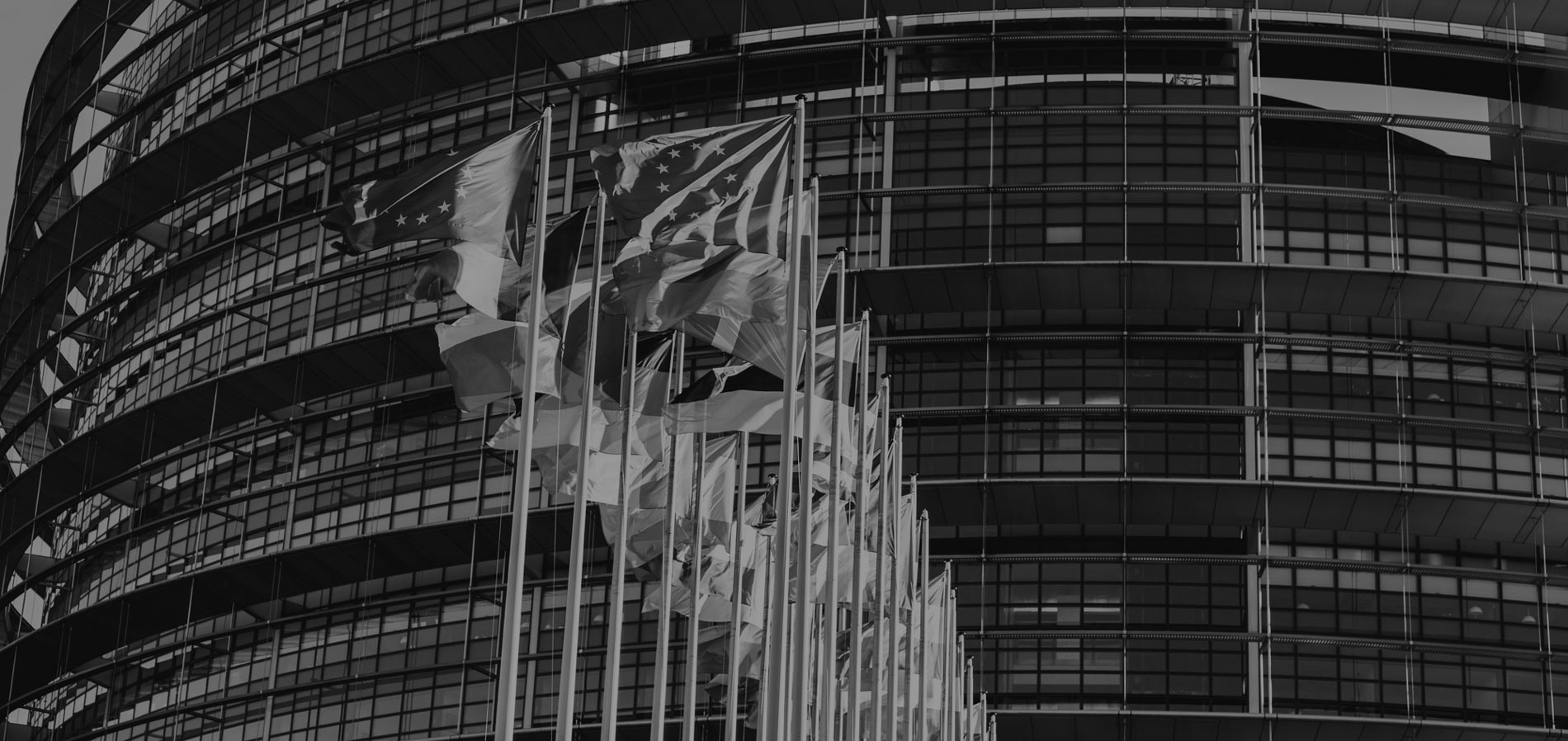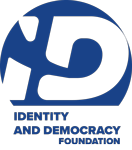Elections in the Netherlands: a triumph for the patriots
Political life in the Netherlands has just undergone a major upheaval. After years of commentators predicting the end of the Dutch patriots, populist Geert Wilders’ Party for Freedom (PVV) has just won a historic victory in the 22 November general election. In a country increasingly affected by Islamism and insecurity, the outspoken views of the PVV, a member of the Identity and Democracy Party, won over nearly one in four voters.
A fractured and unstable Dutch political system
Dutch politics is one of the most unstable in Europe. Firstly, because of the number of parties represented in the House of Representatives, the Dutch National Assembly. Some fifteen lists have managed to get members elected to the House in 2023, thanks to a system of proportional representation with no threshold, which allows any party above 0.5% to enter. This means that animal rights activists, representatives of the elderly, Protestant fundamentalists and Islamists can all be found in the Dutch Parliament. And the system of broad majority coalitions means that some of these marginal parties can join governments to make their sectoral concerns heard. It is not uncommon for a small party to add its 1 or 2 MPs to a coalition in exchange for the application of one or two measures from its programme. This system encourages the creation of small political groups and the fragmentation of the country’s political landscape.
Moreover, it is not uncommon for parties to emerge suddenly during an election, or between two elections, only to disappear just as quickly. Between the 2021 and 2023 elections, the farmers of the Farmer-Citizen Movement (BBB), founded in 2019, and then the Christian Democrats of the New Social Contract (NSC), founded in 2023, became the country’s leading political force in the polls for a few months each time, before falling back to finally leave the PVV, a party that had failed to elect a single MEP in 2019, in first place at the elections.
The fall of the centre-right government
In this fragmented political context, three political forces have long dominated Dutch politics. On the right, the Liberals, divided between the liberal-conservative People’s Party for Freedom and Democracy (VVD) and the social liberal Democrats 66 (D66), both members of the Alliance of Liberals and Democrats for Europe Party. In the Centre, the Christian Democratic Appeal (CDA), the Dutch representative of the European People’s Party. And on the left, the Labor Party (PvdA), affiliated to the Party of European Socialists. These three political forces have been in power for decades. In 2021, they represented more than 60% of the electorate. The 2021 elections were a triumph for the Liberals, with the VVD confirming its position as the country’s largest party and D66 taking second place. The Christian Democrats were relegated to fourth place, while the PvdA struggled to break the 5% barrier, continuing the social-democratic left’s downward spiral that began in 2017. The two liberal parties formed a government with the CDA and a small Christian conservative party. Liberal Mark Rutte, chairman of the VVD, seemed to be able to hold on to the premiership he had won in 2010 for a long time to come.
But two years later, the government collapsed, and the charismatic Liberal leader retired from politics. The fault lay with a major issue: the mass immigration affecting the country. Aware of growing public discontent with the issue, Mark Rutte led his party to turn to the right and advocated measures to reduce immigration. But this shift was not followed by his allies, and a bill to restrict the right of asylum and family reunification for refugees fractured his coalition, ultimately leading to the collapse of his government, his withdrawal from political life and fresh elections.
The victory of the Dutch patriots
These elections were marked by a profound political renewal. The leaders of the VVD, D66, CDA, PvdA and the Green Left (GL) were replaced before the elections. The Socialists and the Greens announced a coalition, the first step towards a possible merger of the two parties. The Christian Democrats, meanwhile, split, with one of their most popular leaders leaving the CDA to found the New Social Contract (NSC). In the end, the wind of change did not blow in favour of these figures, who were certainly new but represented the old politics. Geert Wilders and his PVV came out on top with 23.7% of the vote. The Party for Freedom is different from European patriots. It stands apart from both right-wing patriots opposed to immigration in the name of defending European civilization and national cultures and left-wing patriots denouncing immigration that increases unemployment and threatens wages. Geert Wilders embodies a kind of progressive or even liberal patriotism, denouncing immigration from conservative countries, particularly Muslim countries, as a threat to the progressive and liberated European way of life and modernity. He is also a great friend and defender of Israel and maintains good relations with the secular nationalists of the Hebrew state such as Israel Beytenou. This was a double victory for the PVV. It won its battle against the forces of the system by becoming the country’s leading party. It also won its duel with the country’s other patriotic force, the Forum for Democracy (FvD), a national-conservative party affiliated to the European Conservatives and Reformists Party, which had taken its place as the leading patriotic party in the 2019 European elections. With 2% of the vote, the young party founded in 2016 is seeing its dreams of replacing the PVV dashed.
The parties in the Centre of the political spectrum are undergoing a process of recomposition. While their combined score is only slightly down, and they still represent 55% of the electorate, the balance of power within them has changed. The Liberals are the big losers in this election. The VVD slipped from first to third place with 15.2% of the vote, while the Democrats 66 fell to 6.2%. The VVD’s anti-immigration turn did little to halt the rise of the patriots. Worse still, the announcement by its new chairwoman, Dilan Yeşilgöz-Zegerius, a figure from the party’s right wing, that it was not closed to the idea of governing with the PVV helped to de-demonise the party by breaking a previously unbreakable cordon sanitaire. Among the Christian Democrats, success is relative and bitter. The CDA emerged from the split extremely weakened and became a marginal party with 3.3% of the vote. And its splinter party, the NSC, failed to become a leading force, obtaining just 12.9% of the vote, the same as the CDA in 2017. The only real winner of this election, apart from the populists, was the left-wing coalition of socialists and ecologists. It became the country’s second largest force with 15.6% of the vote, behind the patriots but ahead of the liberals. With the weakening of the Liberals, the division of the Christian Democrats and the renaissance of the Left, the Centre of gravity within the central bloc has shifted to the left.
Towards a union of centrists against the patriots
Despite this victory for the patriots, it will be difficult for Geert Wilders and his friends to form a government. The country’s main parties have already announced that they do not wish to participate in a government led by the patriots. The VDD is nevertheless the least radical in its rejection of the PVV because of the anti-immigration turn taken by its leadership in recent years, but even a PVV-VVD alliance would not have a majority. Barring a radical turn of events, the parties of the system will probably join forces to block the patriots’ accession to power. But a coalition led by the left and supported by the centre and the liberals would be very shaky, given the major differences between these parties, particularly on the issue of immigration. And the policies of a VVD-D66-CDA-NSC-PvdA-GL government would run the risk of disappointing the Dutch people and their expectations in terms of the fight against immigration and insecurity, while at the same time demonstrating that the opposition between these different parties, which have dominated the country’s political life for years, was only cosmetic. It is to be hoped, therefore, that even if the Dutch patriots fail to come to power, their popularity will increase still further in the years to come. It’s only just begun for Geert Wilders and the Party for Freedom.
Raphaël Audouard






